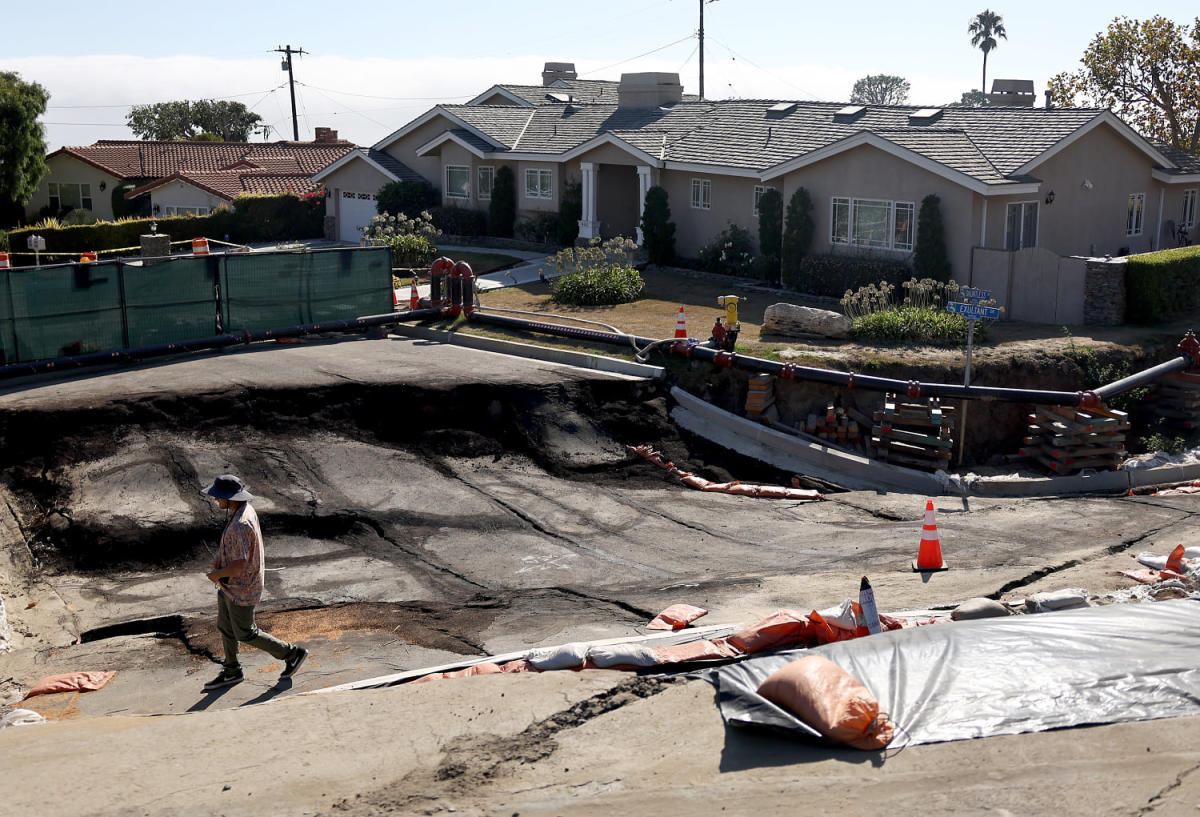Where the Missouri and Mississippi rivers meet north of St. Louis, the mighty waterways form a line down the middle of their courses, at first refusing to mix in their new union.
As it flows through the state to join the Mississippi, the Missouri River irrigates crops, cools nuclear and coal-fired power plants and quenches the thirst of millions of Missourians as the state’s largest source of drinking water.
Although some take it for granted, Missouri State Representative Jamie Burger has been following water conflicts in the American West closely. He worries that eventually people will come to take over Missouri’s abundant water resources. During the last legislative session, he presented a bill to ban most water exports from the state.
“We have to get something done because the Western states, at some point, are going to come after Missouri water,” Burger said.
The bill passed the state House of Representatives but failed in the Senate. Next session, Burger will be in that chamber after winning his primary election and expects the bill to pass when he proposes it a second time.
“We feed the world with our water,” Burger said. “It should come to us. That’s the way it should be. And I worry about these diversions along the Missouri River, and even in the Mississippi River basin.”
Water law experts say this type of legislation is a classic warning that could signal a more contentious future over water in the Midwest and Great Plains. Periodic courtroom dramas over water could become more common as climate change creates conditions that could lead to greater water scarcity in the north-central United States.
“If I were the water chief in states like Missouri, Iowa, Michigan, etc., I would start paying a lot of attention to how these water conflicts were resolved further west, and we’re already seeing signs of pride in some of those states,” said Burke Griggs, a law professor at Washburn University in Topeka, Kansas.
Climate pressure
Climate change will have a significant impact on water availability in this part of the country, said Doug Kluck, director of climate services for the National Oceanic and Atmospheric Administration’s central region. He said fluctuations between weather extremes will exacerbate human-caused problems that are already at play, such as increasing demand from growing communities.
“We’re talking about longer periods of drought, interspersed with heavier rains, which don’t help much in terms of needs,” Kluck said.
In droughts, torrential rains are not as effective at recharging soils and groundwater as slow, steady precipitation. But Kluck said that beneficial, orderly rainfall is occurring less and less over time.
“So ‘when it rains, it pours’ is increasingly becoming the norm, rather than the exception,” Kluck said.
In addition to drought, Kluck said climate change is disrupting the timing and amount of snowmelt that feeds…


